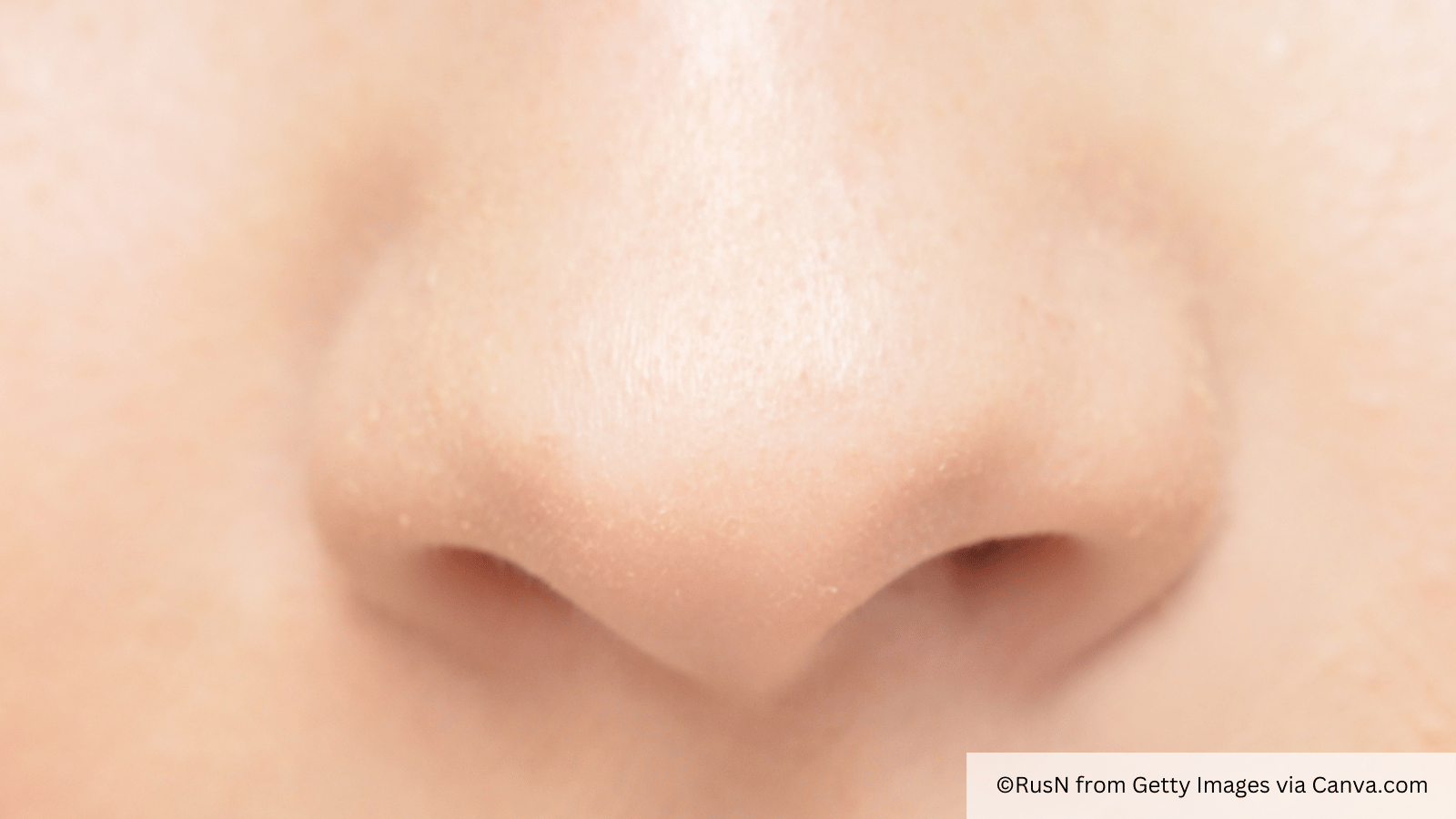The news is such a significant part of everyone’s lives. Its purpose is to inform the public, so that they can know about important events, and make informed decisions about their lives. Someone who regularly keeps up with the news will widen their outlook and enrich their knowledge.
But how do we know what qualifies as news? There are so many things happening in the world, but only a few make it into the news. I’d say this usually comes down to the media’s news sense. News sense is essentially a person’s ability to pick out what is of interest to the wider public or what they need to know and turn it into a news story. It’s an intuitive feeling.
News sense is a common skill amongst journalists, but it is essential for PRs too.
In my time at BlueSky Education, I have learnt that journalists and PRs are essentially two sides of the same coin, the skills that I learnt as a journalist have all effectively translated in to PR.
The ability to write, how to use social media, how to interview someone, even my shorthand has come in handy. But above all, the ability to know what will be news has been essential for my role in PR.
Below are some of the reasons why news sense is important for PRs:
1. Timelines
Having news sense allows you to understand the importance of timing in communications. Journalists and media outlets are often looking for timely and relevant stories to share with their audience, pitching to them at the right time will often lead to more success.
An example of this is back in 2020, we had a piece of research from the University of Cologne which talked about how remote working does not affect innovation. When the lockdown was announced, and everyone was told to work from home, there was a lot of discussion around how this will affect the way people work. We decided this was the perfect time to distribute this research to the wider media, and it resulted in coverage in Raconteur and The Times, among many other publications.
2. It leads to more media coverage
Arguably the hardest part of any PR’s job is getting the attention of journalists as they’re so busy, but having a good understanding of what is newsworthy will allow you to identify hooks and angles that will make your pitches more appealing to journalists.
3. It builds credibility
Following on from above, consistently providing journalists with pitches that have good angles and relevant spokespeople will build your credibility with them. In time, they will know they can come to you and ask for spokespeople/research etc.
4. Adaptability
The media landscape is dynamic, as a result the news can change rapidly. PR professionals with news sense are better equipped to adapt their strategies to align with evolving situations.
So, we know why news sense is important for PRs, but it’s not something that comes naturally to everyone. Here are some tips on how you can help to develop it:
5. Stay informed on current affairs
This may sound like an obvious suggestion, but regularly consuming news from various sources, such as newspapers, online platforms, TV, and even social media, will keep you well informed and allow you to gauge what is relevant. It will also allow you to develop an appreciation for how they structure their stories, you can look at the key points they make and what angle they chose for the story – you can even compare the same story from different outlets.
6. Follow social media trends
Before I start with this point, it is important to remember that not every social media trend will be relevant, but that being said a lot of current issues in the world are discussed and end up trending. Social media platforms are a place where lots of discussions take place, and it can reflect public sentiment and provide insights into emerging news stories.
7. Ask for feedback
Feedback is the most beneficial thing, even if it can be scary for a lot of people. If you’re looking to develop your news sense, share your pitches and ideas with colleagues and industry experts, their constructive feedback can really help to refine your news sense and even your storytelling abilities.
8. Ask questions
If you’re not 100% sure if something is news worthy then think about the following questions: is it interesting? Is it important? Is it relevant? And is it new? If you answer yes to the majority of these questions then you’ve got yourself something promising.
If you’d like support in securing media opportunities for your business school or university, contact BlueSky Education today.
Katie is a Senior Account Manager at BlueSky Education.
She is an education communications specialist with journalistic flair thanks to a degree in Multimedia Journalism and a stint as a reporter at the Financial Times.
Originally published October 2019, updated March 2024





